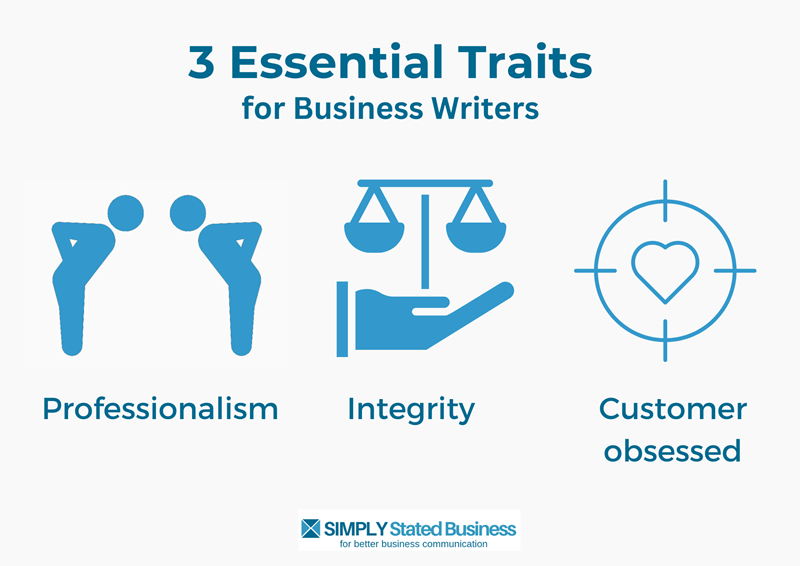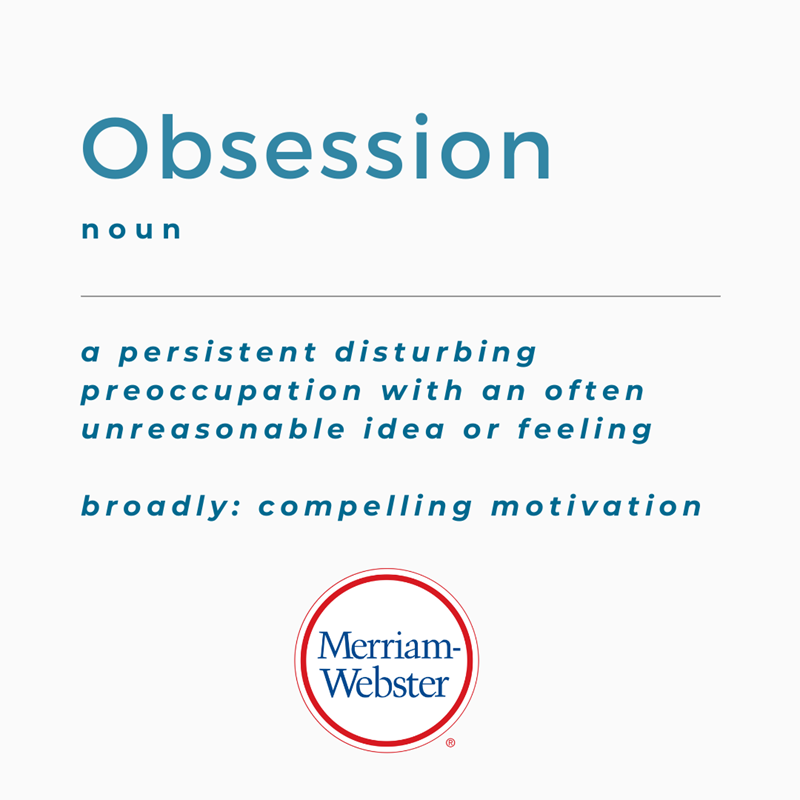
You hear it all the time. I’m not a writer. Few entrepreneurs would think of themselves as a business writer.
But let’s test that theory. Answer these 5 questions.
- Do you own a business?
- Does it have a blog and/or website?
- Have you created a post/video/content for that blog or website?
- Do you ever do presentations?
- Do you use social media for your business?
If you answered Yes to even one of those questions, sorry to tell you –
You are a business writer.
Table of Contents
What is a Business Writer?
Do you hear the term business and think money? It’s what every business owner hopes for. Some define a business writer as one who writes financial stuff, such as:
- Economic forecasts
- Annual reports
- Or business trend analysis.
I can hear you yawning from the back row. A business writer is much more. Embracing my love of simple, the following is a simpler definition.

Yes, I know that definition covers a LOT of space. But that’s my point. Just because you are not a professional does not mean you dismiss the business writer role when creating content on any level.
The Professional Business Writer
Typically, a professional business writer is either a generalist or a specialist. For example, a generalist may write for any industry, in any form of communication (e.g., blogs, presentations, videos, etc.). A specialist may limit his or her writing to a specific industry (healthcare) or type of communication (writing articles).
So, you may be thinking – Aha! Gotcha. I am not a business writer because I have someone else do the writing. But ask yourself this.
Do you review and approve the writing? Please answer, Yes. After all, that content represents your business. So, you may not be a professional writer, but you do participate in business writing – beyond review and approval.
Think about the last time you posted, commented, or replied on social media. Aha! Gotcha.
Reflections on What All Business Writers Share
Thinking like a business writer produces better business communication – whether you hire someone, delegate your writing, or do it yourself.
It also makes it easier to find the right business writer for your business. No matter who is doing the writing, three essential traits stand out.

Professionalism
From my early days on LinkedIn, one common occurrence left me speechless. And that’s hard to do. What silenced this blabber?
- It was the venom spewed by individuals.
- On a platform marketed as a professional network.
- And it only seems to be getting worse (like much of social media).
Whether you’re posting a simple tweet (or whatever it’s called in the X era) – or responding to a Request for Proposal – keep your communication professional.
Seems kind of silly we need to say that, doesn’t it?
Integrity
Do you wonder if you can teach integrity? To children, sure. But what about adults? Scammers and content thieves appear to lose little sleep over their devious acts.
Professional and non-professional business writers can lead by example.
- Research sources and verify facts.
- Credit the sources and tools you use.
- Don’t skate around the truth.
Unfortunately, artificial intelligence (AI) is turning into the automatic assault weapon against integrity in the hands of those who abuse it.
Customer Obsessed
Businesses like to say they’re customer-focused but are they really? In Write with Your Ears, a quote from Jeff Bezos claimed Amazon was costumer obsessed. Think about what obsession means. The following is from our friends at Merriam-Webster.

You probably want to steer clear of stalker territory. Focus instead on the second part of the above definition – compelling motivation. Good business writers have customer obsession in their DNA.
Looking Good by Doing it Write
The following are three familiar-sounding writing tips to keep your business looking good. Note: The you in this context refers to you or your business writer.

1. Keep it Simple – Don’t lose your message in the delivery.
Are you more clever than strategic? We all love clever titles, videos, or ads. But, after you finish chuckling, do you know what the product/service/message is? More importantly, does your customer?
If not – Houston, we’ve had a problem.
Don’t sacrifice your message to score high on some writing measurement tool.
Do you fly by the seat of your pants? Stuff happens.
- Technology fails us.
- Typos magically appear.
- Something gets left behind at the office.
The moral of the story is always do a trial run and always have a Plan B.
Without a backup plan, missteps deliver a louder message than the one you intended.
Are you the only one laughing? If you’ve ever opened a presentation with a joke that fell completely flat, you know how tricky humor can be. If you’re not sure the joke is funny, keep it simple and leave it out.

2. Keep it Clear – Stay focused on your message.
Are you a wanderer? Do the stories travel so far from the message that the reader forgets the point?
Are you technically challenged? Oh, you know all the technical terms and acronyms, but maybe your readers don’t.
- Assume readers don’t know all the technical terms.
- Keep language simple.
- Explain acronyms or technical terms.
Are you a devil with the details? This may come as a surprise, but readers may not have the same passion as you for every little detail.
Drowning in detail is a common problem in business-to-business (B2B) communication. But did you know nearly three out of four (73%) B2B buyers want a personalized, easy-to-navigate experience like business-to-consumer (B2C) purchasers receive?

3. Keep it Uniquely Yours – Believe in your business – it shows.
Are you that man behind the curtain? Eventually, your customers are going to find out that the Wizard is really that man behind the curtain.
So, make sure your communication is true to who you are.
- Does your business writing represent you?
- Or is it a caricature you don’t really know?
- If you love your business – show it.
- Customers recognize the truth.
Have you heard it all before?
- Is your business writing mistaken for a competitor’s?
- Do you recycle until the old is not new – just older?
- Is the only difference in your communication the customer’s name?
It’s time to stop phoning it in. Step away from the screen (or paper) and ask yourself –
- Why do I want to write this?
- What’s different about this problem?
- How is our solution unique?
If you are seeing every customer, every sales piece, every solution as mirror images from the past, it’s time to look beyond the familiar to locate the unique.
I promise you, it’s there.
That Business Writer is You
Unless you are a mega business, it is unlikely you can hire a professional business writer for every communication. And even if you could, you will interact with customers on some level.
So, think like a business writer.
- Be professional.
- Maintain integrity.
- Practice customer obsession.
What do you see when you look in the mirror? Share your thoughts in Comments.
Credit: Bigstock Photo
Credit: Canva
=====================
Helping you keep your business communication simple, clear & uniquely yours.
=====================
Note: This post originally posted on October 17, 2011. This September 4, 2023 version updates it.

Ah, the technology that fails us…..been there! You have to love a Plan B. I do love your mantra here though, Cathy – a great ending paragraph for everyone to hang onto and think about. I think we’ve all had times where we’ve been stuck in a rut and feel we can’t think outside of some box or other. The trick is knowing what helps you get over that hurdle. I know sometimes for me it’s something as simple as a couple of days off work to get away from it all.
Oh, and more importantly, I almost forgot! Happy Boss’s Day! xxx
Hi Nicky: I agree-sometimes you just need to shake out the cobwebs. 🙂
And thanks for the Boss’ Day greeting. 🙂
Good stuff here – oh, is it happy boss day? Then happy boss day to both of us 😉
Thanks, Anne, and yes-happy Boss’ Day! 🙂
Hi Cathy,
I am surprised that more business owners who don’t like to write aren’t already outsourcing the writing to a professional. For a local business competing for a better presence in its own local market, getting their name out there via writing whether with blogs or article marketing or even press releases can work wonders.
Hi Ted: I think it usually comes down to finances. Some small business owners feel it’s an expense they cannot afford. Of course, I’m going to be a tad biased and say I totally agree with you. 🙂
Thanks for stopping by, Ted.